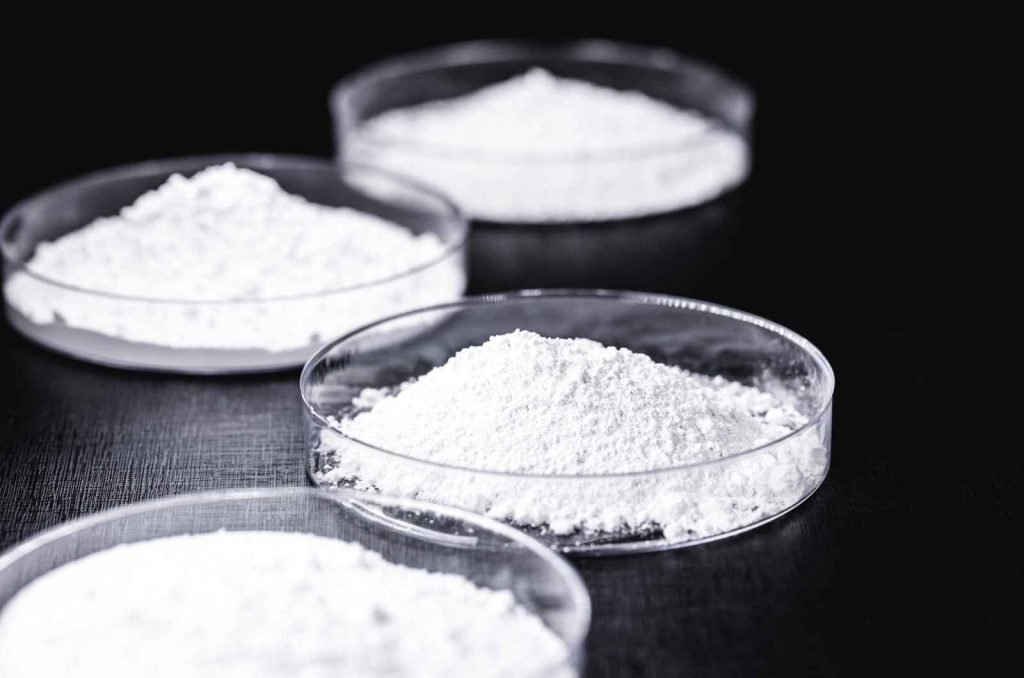
Calcium carbonate (CaCO3) is one of the most abundant compounds on Earth. It occurs naturally as limestone, marble and travertine rocks as well as being present in coral, eggshells and seashells as animal products.
Medicine prescribes it as an effective calcium supplement and may act as an antacid or phosphate binder, too. Available as tablets, capsules and liquid, this dietary aid should be taken orally.
What is calcium carbonate used for?
Calcium carbonate has multiple uses within the medical industry. It may be prescribed as an effective calcium supplement, antacid, and phosphate binder; or even used as a base material when making medicinal tablets.
Calcium is an essential mineral for our bones and teeth, contributing to their strength, supporting our skeletal system and making collagen (found throughout our bodies) production possible. Calcium also supports overall body health including cells, muscles, nerves and heart function.
Calcium carbonate is one of the most abundant substances on Earth and formed through calcification – an accumulation process where minerals form solid surfaces over time. Calcification occurs most commonly in ocean environments when sunlight and water mix with calcite-rich sediments from beneath the sea floor to form solid surfaces that create solids such as coral skeletons, brachiopod skeletons, echinoderm skeletons, bryozoans' eggs shells or coral polyps.
Additionally to being taken as a dietary supplement, magnesium carbonate also serves as an effective antacid to ease acid reflux or indigestion symptoms. Unfortunately, long-term use can do more harm than good by lowering stomach acid, leading to nutritional deficiencies and overgrowth of bacteria in the digestive tract [35]. Since this medication may interact with multiple drugs prescribed by your physician it is vitally important that any instructions given by them when taking this medicine.
Is baking soda calcium carbonate?
Baking soda should not be mistaken for calcium carbonate; both powders share similar features but serve different functions. Baking soda (known as sodium bicarbonate ) is produced from mixing saturated sulfates with carbon dioxide gas and has numerous industrial applications. Calcium carbonate, on the other hand, is a naturally occurring mineral composed of calcite and aragonite crystals that forms chalk, limestone and marble structures. Calcium carbonate can also be taken as a dietary supplement or used as an antacid to alleviate heartburn, acid indigestion or upset stomach symptoms. Calcium carbonate is widely used as the foundation for medicinal tablet production. There are two forms of calcium carbonate: ground (GCC) and precipitated (PCC). GCC can be obtained by crushing and grinding limestone or marble stones while PCC typically obtained through chemically reacting Na2CO3 with CaCl2.
People typically take calcium carbonate by mouth in the form of tablets, chewable tablets or liquid. To stay safe when taking calcium carbonate it's essential that you follow its directions exactly and seek clarity from your healthcare provider if anything doesn't make sense to you. Involve your physician with all medications you take – both prescription and over-the-counter ones as well as vitamins or herbal remedies so they can identify potential interactions.
When should I take calcium carbonate?
Calcium carbonate as an antacid can be effective at treating heartburn or gastroesophageal reflux disease in adults, working by restoring acid-base balance, attenuating pepsin activity, increasing bicarbonate secretion, stimulating prostaglandin production and increasing calcium stores within the body.
Calcium carbonate in recommended doses during pregnancy can be taken safely to alleviate occasional dyspepsia or meet nutritional requirements (Body 2016; Gomes 2018; Thelin 2020). However, prolonged or excessive use may result in hypocalcemia affecting infants and young children (Thelin 2020).
Before using this medication if you are allergic to shellfish or have pregnancy or breast-feeding concerns, always inform your physician first as dosage needs may change accordingly. Chewable tablets must be thoroughly chewed prior to swallowing; take with a full glass of water. Some liquid forms of this medicine may need to be shaken well prior to each dose – for more information consult your pharmacist or doctor directly – maximum daily dosage limit should not exceed 7 tablet/day for adults; long-term use not intended by this medicine.
for more info: amorphous calcium carbonate
